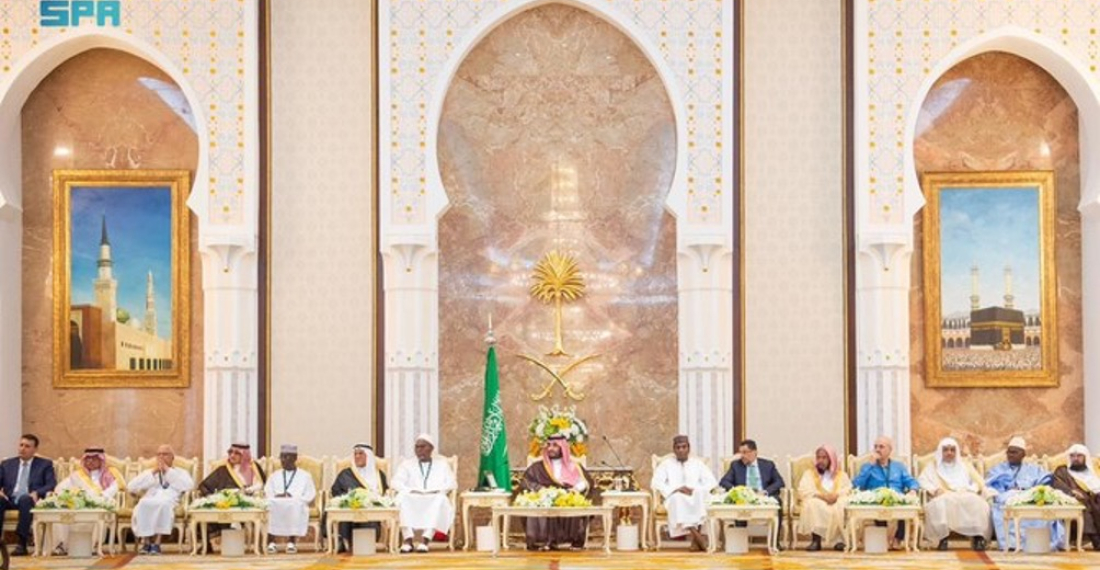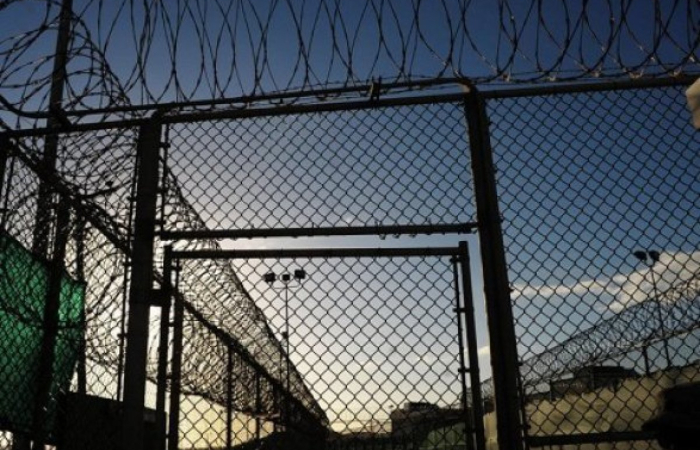Last week, Saudi Crown Prince Mohammed bin Salman, politely declined an invitation by Italian Prime Minister, Georgia Meloni, to attend as a special guest at the G7 summit held in Italy. Prince Mohammed said he could not attend as he had to oversee the annual Hajj. Whilst to some, this may have seemed like a weak diplomatic excuse, in fact, it was a very real one. Year after year, the Hajj has presented a serious political, logistical, and humanitarian challenge to the Saudi authorities. Domestically, Saudi governments are often judged by how they manage the Hajj.
The Hajj is an annual Islamic pilgrimage to Mecca in Saudi Arabia, the holiest city for Muslims. The Hajj is a mandatory religious duty for Muslims that must be carried out at least once in their lifetime by all adult Muslims who are physically and financially capable of undertaking the journey, and of supporting their family during their absence from home.
This year, the number of people performing the Hajj has been around 1.83 million. The numbers of those participating in the Hajj each year has stabilised in recent years since the Kingdom imposes strict quotas on the number of pilgrims coming from each country.
Within the Saudi Government, most of the Hajj-related issues are handled by the Ministry of Hajj and Umrah. Making necessary arrangements each year for the growing number of pilgrims poses a logistic challenge for the government of Saudi Arabia, which has, since the 1950s, spent more than $100 billion to increase pilgrimage facilities. Major issues like housing, transportation, sanitation, and health care have been addressed and improved greatly by the government by introducing various development programs, with the result that pilgrims now enjoy modern facilities and perform various rites at ease.
Despite this, the Hajj can be a hazardous affair due to overcrowding. There have been many incidents, involving stampedes in recent years, some of them left hundreds dead. This year, extreme heat took its toll, leaving at least 14 pilgrims dead from sunstroke.
Providing for the safety and comfort of pilgrims is a “political obligation” of the Saudi Royal Family, which they take seriously. That Mohammed bin Salman felt obliged to be in the Kingdom during the Hajj is, therefore, no surprise. Also, the Hajj has become something of a political affair in its own right. Muslim leaders congregate in Mecca during the Hajj days, and from across the rest of Saudi Arabia, local dignitaries also arrive. The Crown Prince holds a reception for the foreign and local dignitaries who participated in the Hajj.
“We thank God for honoring us with serving the Two Holy Mosques and the Holy Sites, taking care of those who visit them, and ensuring their security and safety. We are proud to continue carrying out this great duty, and we are making efforts and harnessing all capabilities to provide comfort for pilgrims from their arrival until their departure,” Prince Mohammed told the gathering.
On the whole, this year’s Hajj has been successful, and Saudi officials breath in a sigh of relief, and brace themselves for next year.






